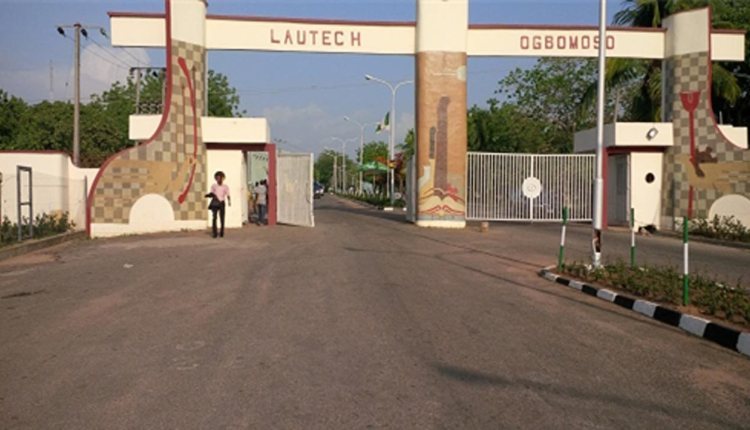The Presidency has defended President Bola Tinubu’s decision to impose emergency rule in Rivers State, insisting that his actions were in line with constitutional provisions and aimed at preventing a breakdown of law and order.
This comes in response to criticisms by the African Democratic Congress (ADC), which described Tinubu’s actions as autocratic and a threat to federalism.
Special Adviser on Media and Communication to the President, Sunday Dare, dismissed the ADC’s remarks as “late pontification and empty noise,” stressing that Section 305 of the 1999 Constitution empowers the President to act during crises that threaten public order.
“The emergency framework is constitutional, not whimsical,” Dare said in a statement on Friday. “Rivers officials were never reduced to appointees; they were shielded from chaos and reinstated once order returned. To accuse the President of undermining federalism is laughable; as a former governor, no Nigerian alive presently has fought harder for state autonomy than Asiwaju Bola Tinubu.”
The Presidency maintained that Tinubu’s intervention was to protect Rivers and, by extension, Nigeria. “What ADC offers Nigerians is nuisance politics. What the President delivered is stability, the return of democratic institutions, and peace in Rivers State. Nigerians can see the difference: President Tinubu acted right. That is what posterity will remember him for,” Dare said.
On September 18, Tinubu announced the end of the six-month emergency rule declared on March 18, 2025. In his broadcast, he directed Governor Siminalayi Fubara, Deputy Governor Ngozi Odu, and members of the State House of Assembly to resume office.
The ADC, however, argued that the President had overstepped his authority by suspending and recalling elected officials. In its reaction, the party insisted that “Governors and legislators in a democracy do not draw their legitimacy from Aso Rock. They derive it from the people who elected them. Only a competent court can remove or restrain them — not a press statement or presidential proclamation.”
The opposition party also called on the judiciary, especially the Supreme Court, to clarify the limits of emergency powers, warning that Tinubu’s action set “a dangerous precedent.”
While the ADC accused the President of using constitutional powers for political ends, the Presidency countered that the declaration was necessary to prevent violence and safeguard governance in the state.






